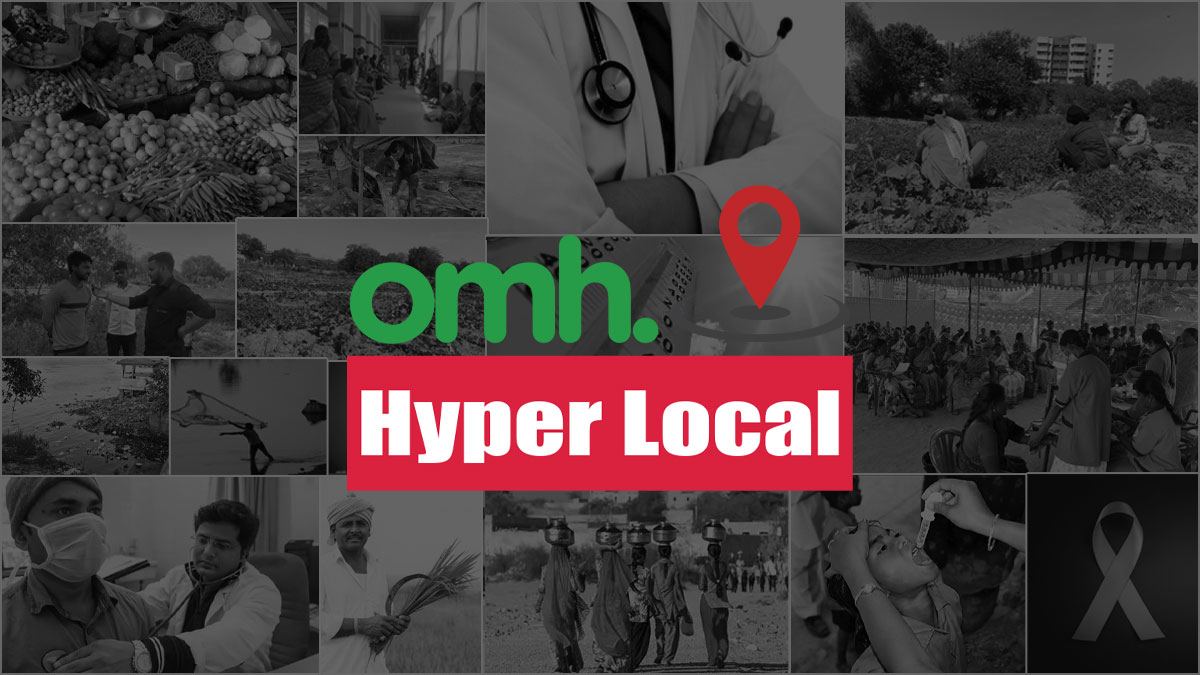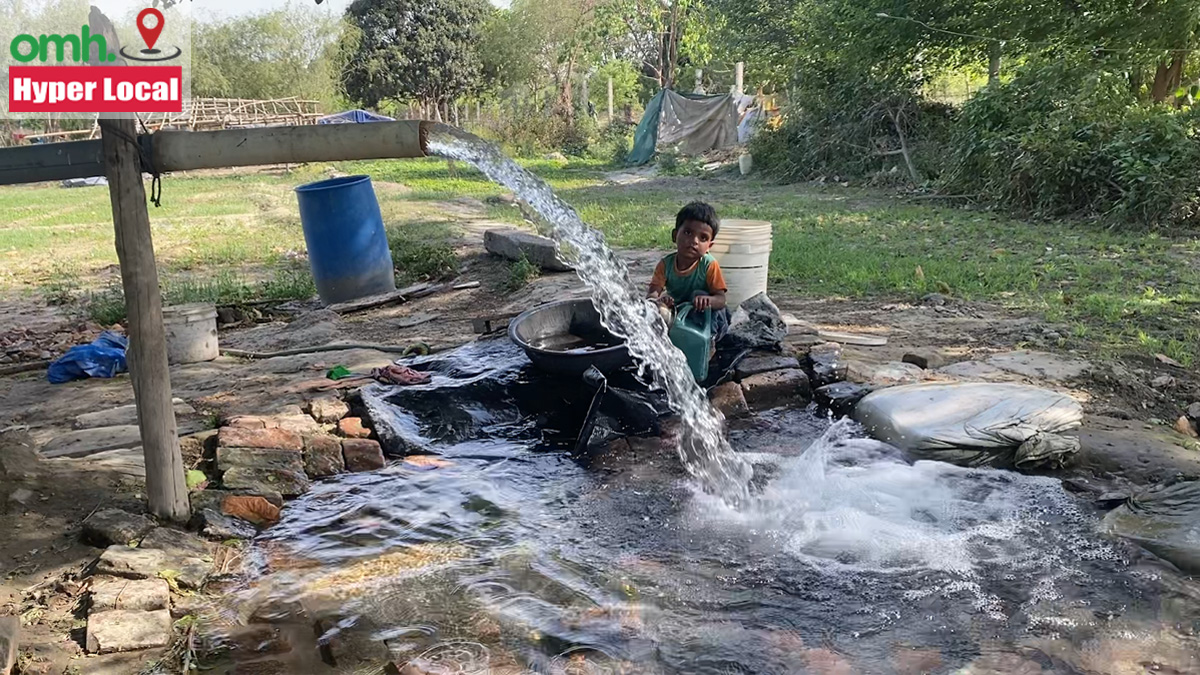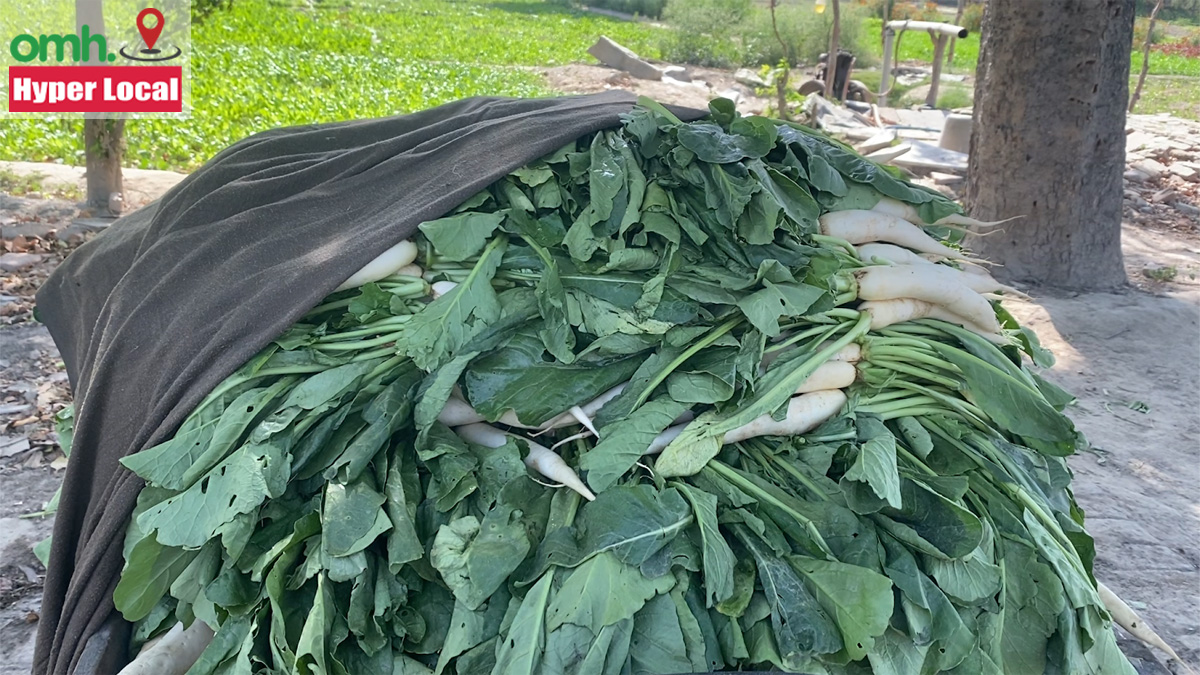
For long, health has been talked about on a grand scale, covering public health issues in a wide-swept manner that clubs huge masses based on single adjoining factors like geography, gender, or age. However, this approach often leads to an oversight as it overlooks the intricacies of individual lives and small communities.
Table of Content:-
It is at the grassroots that a reality check emerges for health authorities and the mass population. The remaining gaps in healthcare can be covered only when we have a clear picture of what hinders each individual from achieving their birthright: which is access to adequate healthcare. Having said that, it does not mean that there have not been commendable efforts to bridge these gaps. But no one can deny that grassroots health challenges require a stronger spotlight.

With this in mind, Onlymyhealth presents its new campaign #OMHHyperLocal to cover ground realities and health issues of the public at a local level and empower these communities in the process. Starting with Delhi NCR, OMH Hyper-Local aims to cover:
- True stories highlighting the gaps, need for amendments, and lack of awareness of Indian health policies and laws
- Create awareness about common health issues affecting the community
- Unique healthcare challenges and opportunities at a regional level
- Real-time examples of common medical procedures
- State-wise data on diseases and common medical conditions
- Condition and challenges of caregivers
- Gaps, regulations, and processes in private healthcare organisations
To achieve this, the Onlymyhealth team will connect with government bodies and policymakers, policy experts, NGOs, hospitals and clinics, caregivers, medical professionals, and most important of all, the local population and individual citizens of India.
Also Read: 95% Of Baby Foods Contain Toxic Chemicals And Metals, Affects Brain Development

Yamuna Bank Vegetable Farming Story
Kicking off the #OMHHyperLocal campaign, the Onlymyhealth team got a tip that vegetables grown on the banks of the Yamuna River in Delhi are irrigated and washed using the water from the river. Residents of Delhi NCR know just how polluted the river is, If the vegetables are grown using that water, it could mean serious health repercussions for those consuming these vegetables.
According to a study published by the University of Technology and Applied Sciences in 2023, the Yamuna has been heavily polluted due to human activities, with around 80% of the country's urban waste directly entering rivers like the Yamuna. Many of these water bodies are so contaminated that they exceed safe levels for bathing. This pollution has made the water unsafe not only for humans but also for animals, birds, and fish.
Also Read: Study: Pesticides In Fruits And Vegetables Can Lead To Obesity, Malnourishment
To figure out if vegetables are actually being grown using the water from the Yamuna River, the Onlymyhealth team visited the farms on the Yamuna Bank, collected samples for lab testing, and spoke to the farmers there. The aim is to figure out if the vegetables contain toxic substances and their effect on health, what measures are being taken or have been taken to curb this issue, and what people can do on an individual level to mitigate the impact of such vegetables. Watch this space to see what the Onlymyhealth team learned.
How we keep this article up to date:
We work with experts and keep a close eye on the latest in health and wellness. Whenever there is a new research or helpful information, we update our articles with accurate and useful advice.
Current Version